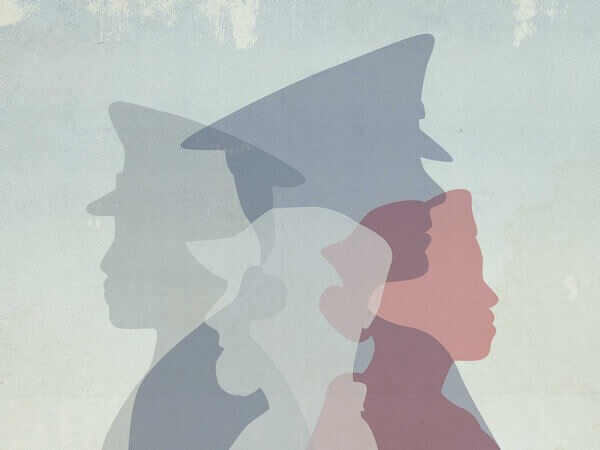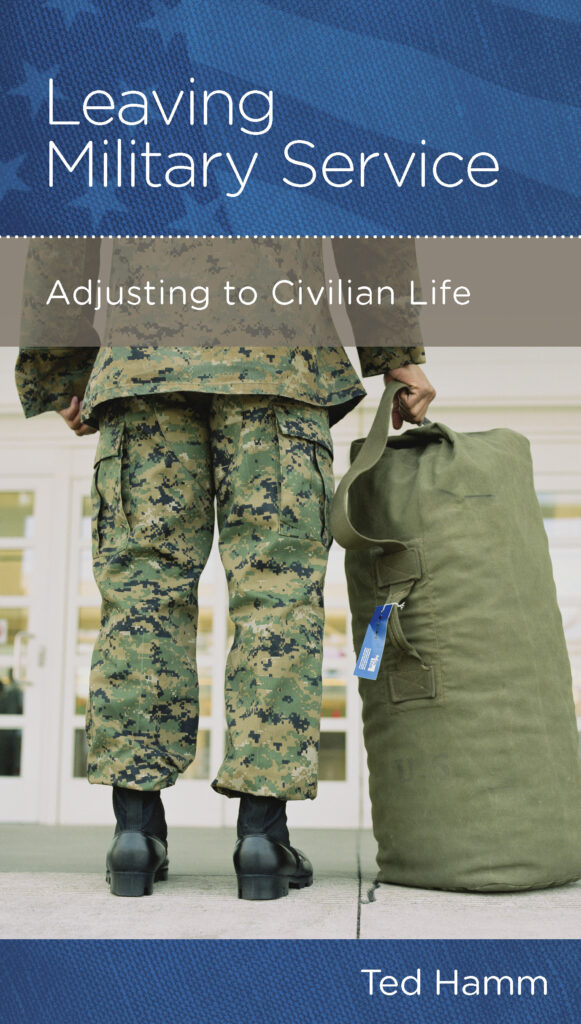As our nation approaches Veterans Day after almost 20 years of sustained conflict around the world, and no clear end in sight, it may be more important than ever for Christians to consider how to minister and reach out to veterans in their churches and communities. What unique needs do they have? How can we help them process their military experiences in light of the gospel? Having counseled and worked directly with hundreds of veterans over the last 10 years as an Army Chaplain and pastor, my experience is that many veterans ask themselves five questions. I would encourage Christians—with patience and a listening ear—to be aware of these questions and to be ready as opportunities arise to lovingly help veterans connect their experience to Gospel truths.
1. After what I’ve seen, how can there be a good God?
The trauma of war, evil, pain and suffering can shake them to the core. Being aware of this reality should direct the Church toward less celebrating and more toward joining in lament. The gospel give us the way forward because it starts with a world of depravity, sin, and brokenness. With a robust understanding of depravity, Christians can say, “I’m not surprised . . . and it is into this dark and evil world that Jesus made his rescue mission.” Our good God sees all of the evil and sent himself to rescue the world. That rescue is ongoing and the world will not be completely healed until Jesus comes again. So we lament with those who have witnessed and experienced great suffering and we look to Jesus the suffering Servant (Isaiah 53).
2. If there is a good God, how could he love me, after what I have done, participated in, or witnessed?
This phenomenon is called Moral Injury in the world of psychology; when someone is involved in an act that runs counter to their sense of right and wrong: the interrogation or abuse of a prisoner, the killing of a civilian, even the killing of an enemy combatant. Numerous Vietnam veterans have confessed to me in tears, sharing their sense of guilt and shame for the first time in 50 years, not knowing how God could forgive them. Their experience could be actual guilt, or a false guilt in the fog of war. Either way, God’s Word confirms the shared guilt of mankind through Adam, often heinous, embarrassing, and dark. And his law is “written on our hearts’’ (Romans 2:15). But in the gospel, Jesus’s blood is powerful enough, his shoulders are broad enough to bear the weight of all our sin (Psalm 103:3). When we confess our sin, he is faithful and just to forgive us our sin and cleanse us from all unrighteousness (1 John 1:9).Counterintuitively, we are being prideful when we believe our sin is too big, too powerful for God to handle.
3. Who am I?
In basic training, soldiers, sailors, and airmen are stripped down and built back up with an entirely new identity: new uniform, customs, courtesies, creeds, performance standards, ribbons, and rank. It is impossible to overstate the disillusionment that can take place from one minute to the next on either side of a retirement ceremony. They may be transitioning from perhaps being one of the highest ranking and most important soldiers on an entire military base, to one of the lowest employees on the totem pole of a new company. Scripture speaks to this, of course, because it sets our identity firmly in Christ Jesus. We are adopted (Galatians 4:5-7), a royal priesthood, a chosen race, and a people for his own possession (1 Peter 2). The gospel empowers us to hold loosely to rank, position, or people’s opinion of us based on appearances or performance, and to find ourselves eternally and securely hidden in our Lord and Savior Jesus Christ.
4. What is my purpose?
Similar to the struggle with identity, one day service-members have an incredibly important role, responsible for hundreds of people and millions of dollars with a life-and-death mission to carry out. Imagine the disconnect, disappointment, or sense of worthlessness when the next day they feel as though their most important purpose in life is mowing their lawn. But when a veteran’s faith is firmly rooted in the gospel, they can embrace their calling as God’s warriors in his kingdom. They still have a life-and-death mission to carry out as his ambassadors, but this one now has eternal consequences. They still have an important calling through which to glorify God. Everything is sacred, whether leading troops or mopping a floor. Moreover, we are called to the high standard of holiness, to take up our cross daily, to deny ourselves, and to do all this cheerfully because our God through Christ has already promised victory.
5. Who is with me?
As veterans transition out of the service, they often wonder, “Who is with me?” During their service they are part of the same clan with the same lingo, they sweat and suffer together, they bond, bleed, have each other’s backs. Once again, the day they get out, their unit drops them off at the bus, waves goodbye, continues on, and gets new recruits to replace them and any others too injured or too old. Now loneliness joins disillusionment, guilt, and a loss of identity and purpose. And what a response the gospel has for loneliness when the church truly behaves like the church: Allowing deep confession and extending sweet forgiveness, leaning on one another, connected intimately to one another as the body of Christ, locking arms as we carry out our new mission in the Kingdom of God.
Some may have been thinking, “This is not new, and these are not problems unique to veterans.” But that is part of the point. Veterans don’t need pity as if they are in a completely different class of mankind. But as they experience these struggles common to humankind perhaps more deeply than others, and as they begin to apply them to their hearts and souls, watch out. A veteran on mission can be a mighty force for God. What power, healing, and change can happen when the Church teaches and displays this love and forgiveness, identity in Christ and purpose in his kingdom, with a band of brothers even closer than anything a veteran has ever experienced. How exciting when veterans begin to lead the charge, living out such faith to their brothers and sisters in Christ before a watching world.
Leaving Military Service
For many who leave military service, the transition back to civilian life can feel overwhelming. Former roles and responsibilities are gone, along with the structure of where you live and how you spend your time. This can lead many to struggle with big decisions and how to move forward into civilian life. Chaplain Ted Hamm wants you to know that the gospel has power and gives perspective that will help you make this transition with hope and encouragement.






